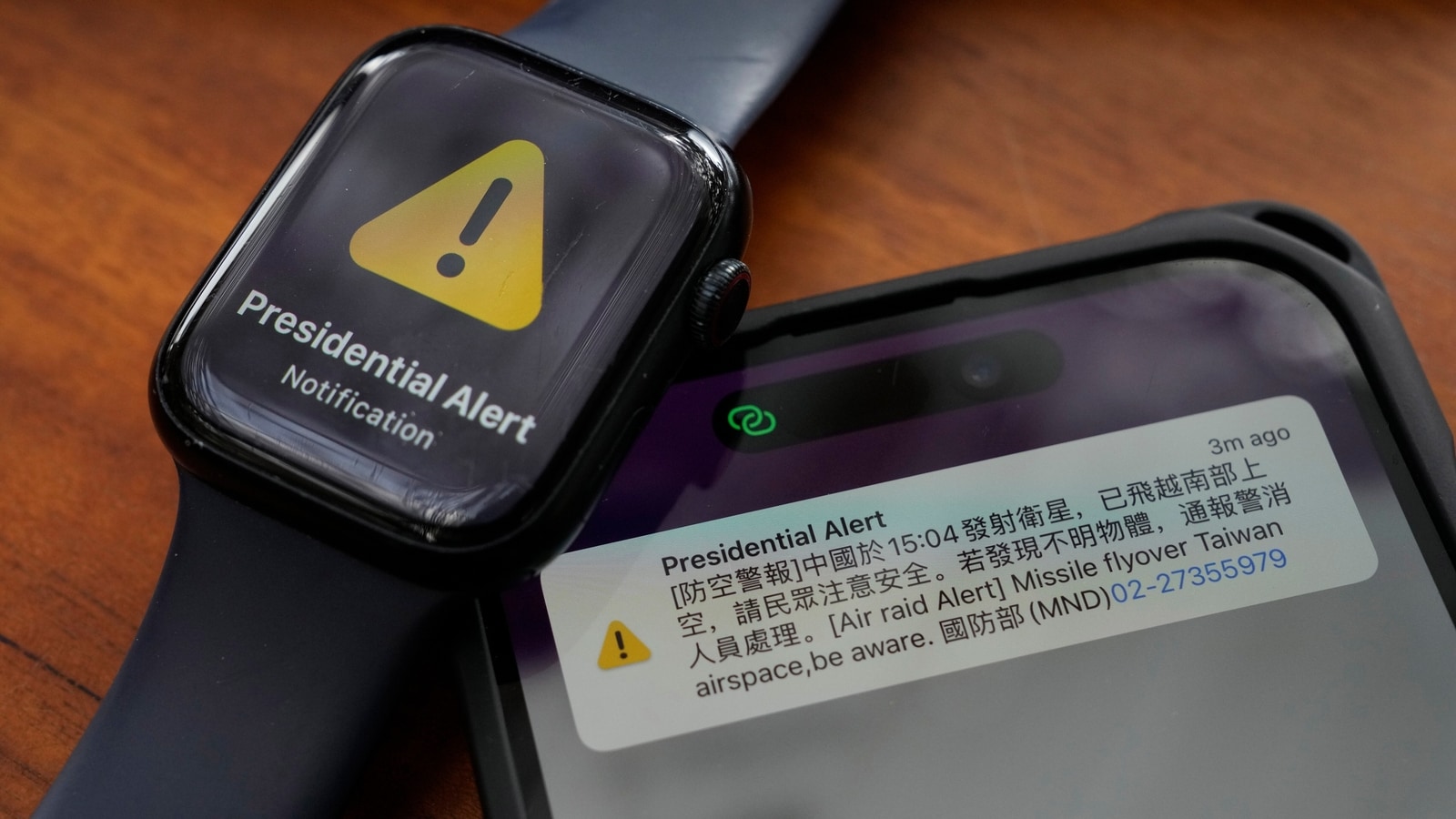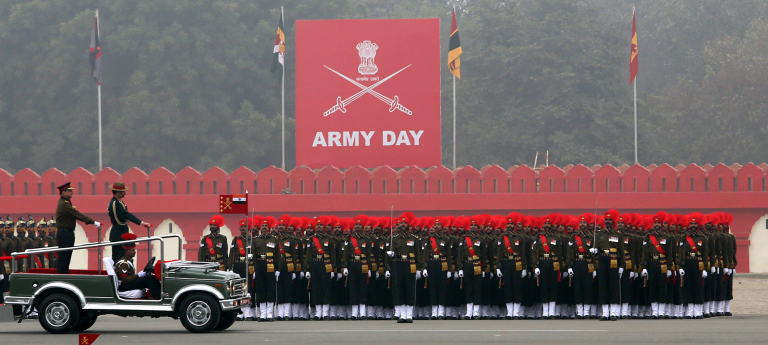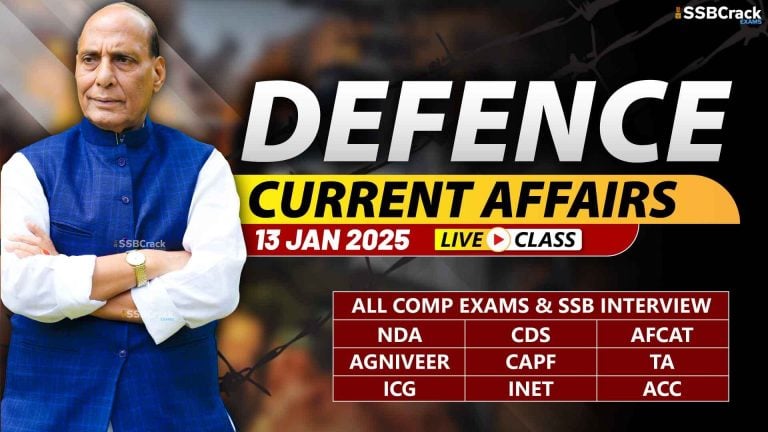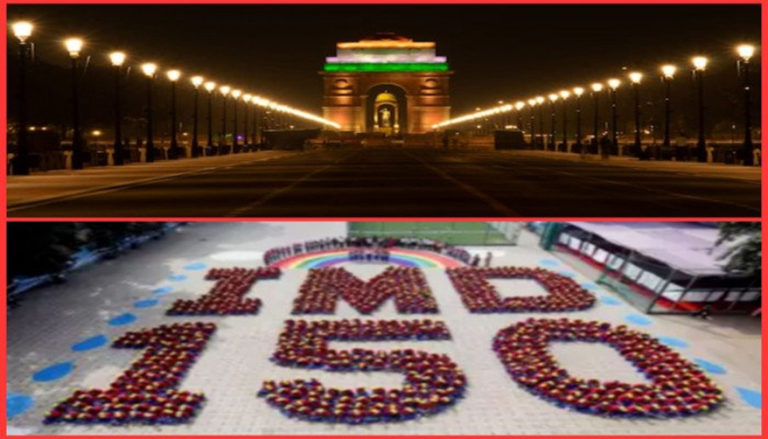The alert came hours after election front-runner Lai Ching-te, Taiwan’s current vice president, accused Beijing of using “all means” to influence this weekend’s poll, which will set the course of cross-strait ties for the next four years.
“Presidential Alert” On Phones Across Taiwan As China Launches Satellite
Taiwan issued a national emergency alert on Tuesday as China launched a satellite, days before the self-ruled island holds a crucial presidential election that has heightened security worries.
The alert came hours after election front-runner Lai Ching-te, Taiwan’s current vice president, accused Beijing of using “all means” to influence this weekend’s poll, which will set the course of cross-strait ties for the next four years.
Phones across Taiwan blared with a “presidential alert” at about 3:15 pm (0715 GMT), around the time Beijing announced the successful launch of its Einstein Probe satellite, which it says will gather astronomical data.
“China launched (a) satellite which flew over the southern airspace,” said Taiwan’s alert in Chinese, urging the public to stay safe.
The English part of the message described it as an “air raid alert” warning of a “missile flyover Taiwan airspace”, but officials said this was a mistranslation.
The defence ministry later apologised for the mistake, saying the default message in English had not been updated.
Foreign Minister Joseph Wu was giving a news conference about the elections when the alert message buzzed on mobile phones, interrupting his address.
He explained that the alert was issued because of possible falling “debris”.
“When a rocket is openly flying in our sky, some of their tubes or debris will fall in this region,” Wu told reporters.
He said the launch was part of a pattern of “grey zone” activities by Beijing aimed at intimidating Taiwan.
“With this kind of threat against Taiwan, I think we should be clear-eyed, we should not be provoked,” Wu said.
Hong Kong warning
President Tsai Ing-wen, who is leaving office after reaching the two-term limit, won a landslide in the last election in 2020.
She was carried to victory by the Taiwan public’s fears of becoming like Hong Kong, which had seen Beijing crackdown on dissent by implementing a national security law after city-wide protests for greater freedoms.
Under her administration, Beijing has refused all high-level communications with Tsai and ramped up political and military pressures against Taiwan.
Lai said Tuesday that “as long as there is parity and dignity, Taiwan’s door will always be open” for exchanges and cooperation with China under his leadership.
“But we cannot have illusions about peace. Accepting China’s ‘one-China’ principle is not true peace,” he said, referring to a Beijing doctrine that Taiwan is a part of China.
“Peace without sovereignty is just like Hong Kong. It is a false peace.”
History Between China And Taiwan
Taiwan came under Chinese control during the Qing dynasty but was given to Japan after China lost the first Sino-Japanese war in 1895. China regained control of Taiwan in 1945 after Japan lost World War II, but the civil war between the nationalists and communists led to the nationalists fleeing to Taiwan in 1949. The US backs Taiwan’s independence, maintains ties with Taipei, and sells weapons to it — but officially subscribes to PRC’s “One China Policy”, which means there is only one legitimate Chinese government
Strategic Significance of Taiwan
Taiwan is situated in a strategically important location in the western Pacific Ocean, adjacent to China, Japan, and the Philippines. Its location provides a natural gateway to Southeast Asia and the South China Sea, which are critical for global trade and security. Taiwan produces over 60% of the world’s semiconductors and over 90% of the most advanced ones. India-Taiwan Ties have been gradually improving over the years, as a part of India’s Act East Foreign Policy. India’s increasing ties with Taiwan are viewed as a move to counter China’s growing influence in the region. Despite not having formal diplomatic relations, India and Taiwan have maintained representative offices in each other’s capitals since 1995 that function as de facto embassies.











